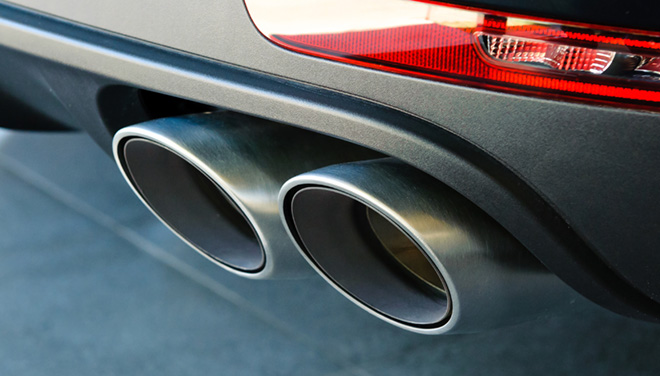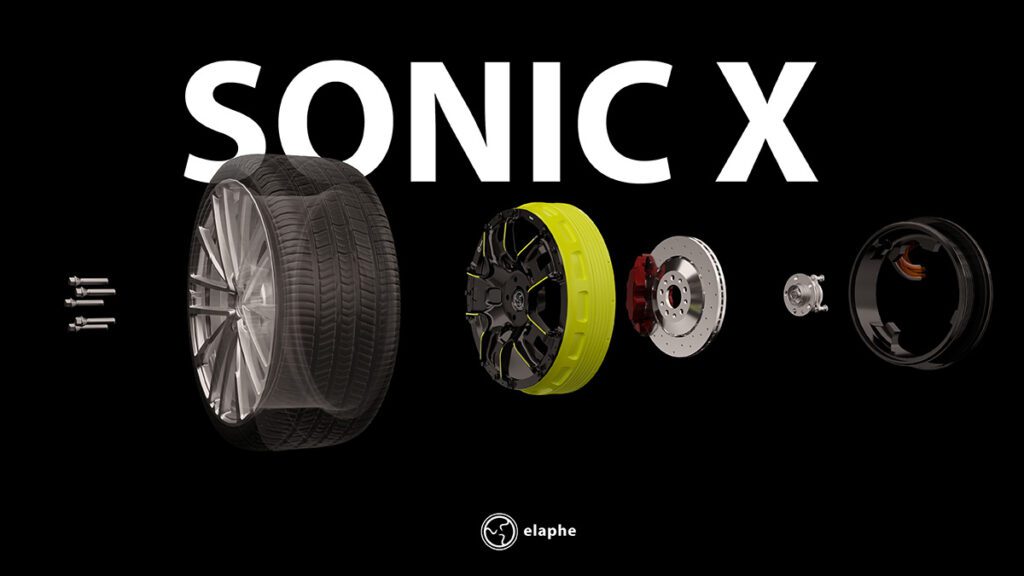The Trump Administration has just held a hearing to solicit public comments on its effort to weaken the EPA’s fuel efficiency standards. The EPA has reopened the previously-completed mid-term review of vehicle efficiency standards. While the Alliance of Automobile Manufacturers supports re-opening the review, it has suggested that it would prefer to keep existing vehicle emission limits, but stretch out the timeline.
The Union of Concerned Scientists (UCS) is one of many organizations pointing out that the federal standards have not only reduced air pollution, but saved consumers money. Dave Cooke, a Senior Vehicles Analyst at UCS, spoke at the hearing, and UCS members have submitted more than 70,000 comments in support of strong vehicle efficiency and emissions standards.
“The facts are clear: these standards are working,” said Ken Kimmell, President of UCS. “They’re the most important policy we have in place to reduce oil use. They save drivers money at the pump, and cut the emissions of gases that are harming our climate and making extreme weather events like Hurricane Harvey more severe. These efficiency and emissions standards have driven innovation and they will help keep America’s manufacturers competitive in the years to come. It would be a huge mistake to ignore the overwhelming evidence that these standards are working as intended, and that automakers can meet them.”
UCS has published a fact sheet showing that the benefits of strong fuel economy standards are particularly important for low-income and rural households that tend to spend larger portions of their incomes on gasoline. According to UCS, improvements in fuel efficiency have saved low- and middle-income households an average of up to 2 percent of their income per year. By 2025, the current standards would save consumers an average of $6,000 over the life of a new vehicle.
“These standards aren’t just protecting the climate, they’re protecting family budgets,” said Joshua Goldman, Senior Policy Analyst at UCS. “Efficient vehicles benefit everyone, but they particularly benefit lower-income families, who may spend as much as 30 percent of their income on transportation.”
Source: Union of Concerned Scientists



















































































